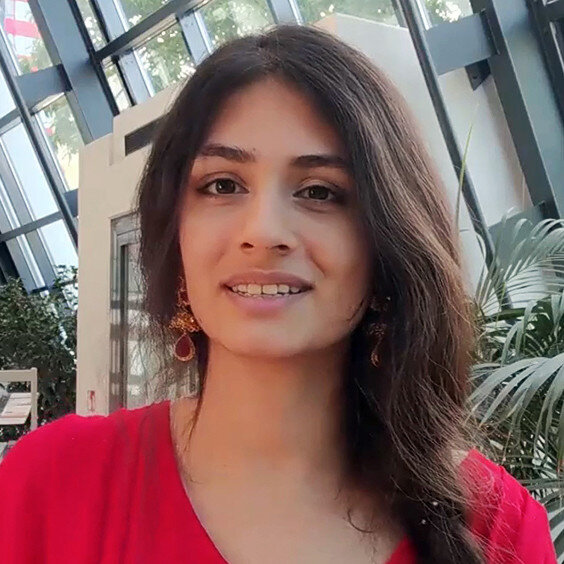
Short interview with PhD student Noshaba Cheema about her time as a student
Philipp Zapf-Schramm, Press and Public Relations 11.04.21 17:15
How have the conditions, people, and institutes at
Saarland Informatics Campus influenced your career here?
“Saarland University has helped me a lot to build new research connections. Through the Master’s scholarship and PhD Fellowship from the Max Planck Institute, I was able to fully focus on my studies and research since the beginning of my Master’s degree. Also, it was easy to connect with other students in my program who had also received the scholarship, which helped a lot at studying. In June 2020 I was awarded with the Women’s STEM Award of Deutsche Telekom.
What would you tell prospective students if they are not yet sure whether they should study computer science or whether they should start in Saarbrücken?
“I myself was in this position. I did not necessarily want to study computer science but rather design, because I was interested in animation and game design. Because I was unsure about the job opportunities afterwards, I enrolled for computer science, even though I had not chosen the subject at school and also had no prior experience with programming. I started with media informatics at the University of Applied Sciences in Bremen, which helped me a lot! From there on, I wanted to know more details about how games work, how the engines are built, etc. Through a Hiwi position in the research group of Cognitive Neuroinformatics at the University of Bremen, I found my way into research and wrote my bachelor thesis in Machine Learning.
Now at Saarland University I conduct research on animation and human motion modelling for interactive applications in augmented or virtual reality. I find computer science to be tremendously versatile. Whether biology, physics or – my favorites – games, movies, art, music, even history – there’s something for everyone!“
What are you doing today and what are your plans for the future?
“I am a PhD student at the ‘International Max Planck Research School for Computer Science’ here in Saarbrücken, and researcher in the “Agents and Simulated Reality” department at the German Research Center for Artificial Intelligence (DFKI). I am currently working on my own research project called “Carousel”. Together with DFKI and other researchers from Aalto University, University of Napier, Grassroots Art and VivitNet, I teach 3D characters to dance in virtual reality. The goal is for our characters to interact naturally and creatively with people so that our characters learn new movements on their own. We are even funded by the EU as part of Horizon 2020.“
